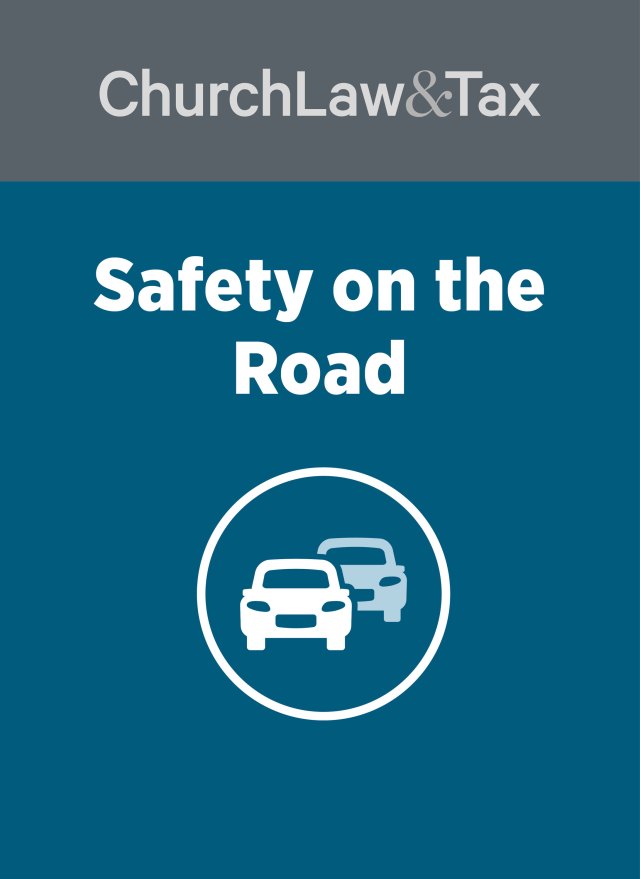• Key pointNegligence as a Basis for Liability The doctrine of respondeat superior imposes vicarious liability on employers for the negligent acts of their employees committed within the scope of their employment.
An Iowa court ruled that a church was not responsible for the death of a young mother whose car was struck by the church’s pastor after he suffered a massive heart attack. While driving home from visiting church members in a hospital in a neighboring town, a pastor’s car crossed the center line and struck an oncoming vehicle head on. The collision killed the pastor, and a mother driving the other vehicle. The mother’s 8-year-old son was a passenger in her car, and he suffered serious injuries. Officers investigating the crash found no physical evidence that would indicate either car made an attempt to avoid the collision. The estate of the deceased woman (the “plaintiff”) sued the pastor’s church, claiming that the pastor’s negligence caused the accident and that the church was vicariously responsible for that negligence. The church insisted that the accident had not been caused by the pastor’s negligence, but rather by an “act of God.” Specifically, it claimed that the pastor had suffered a heart attack immediately before the accident, which caused him to cross the center line and strike the other vehicle. As proof of this claim, the church relied on the testimony of a forensic pathologist who examined the pastor’s body and testified that he had discovered “a fresh blood clot occluding the proximal left anterior descending coronary artery.” In his autopsy report, the pathologist concluded, “The cardiovascular findings could certainly explain why this man did cross the center line and not try to avoid the crash.” During his testimony, the pathologist explained that the pastor, with his enlarged heart, narrowed coronary arteries and fresh blockage, “could have incapacitation from the pain or from lack of blood supply to his vital organs and then lose either his attentiveness or ability, physical ability to continue driving and would not respond appropriately to the road or other demands of driving itself.”
The plaintiff claimed that the pastor was making a sandwich while driving just prior to the accident, and this caused him to be distracted and cross the center line. A state trooper testified that he observed a loaf of bread, a table knife, and sandwich material in the vehicle. Another pastor told the trooper that the deceased pastor “had a long-time habit of eating on the road” but did not think that he would make a sandwich while driving. The jury ruled in favor of the church, and the plaintiff appealed. A state appeals court affirmed the jury verdict in favor of the church.
Application. This tragic case provides an important lesson. While the church was not responsible for the accident because there was no proof that the pastor was making a sandwich at the time of the accident, the result would have been different had there been such proof. For example, if there had been no medical evidence of a heart attack as the cause of the accident, then the presence of sandwich supplies on the front seat of the car may well have convinced a jury that the accident was caused by the pastor’s negligence. For many people, their car serves important functions beyond transportation. For some, their car is a “second office” where they talk on a cell phone or dictate correspondence on a recorder. For others, their car is a restaurant where they often eat meals “on the go.” Such activities obviously distract the driver, and significantly increase the risk of accidents. When the driver is a church employee, the church will be liable for any accident caused by the employee while on church business and while engaged in negligent behavior. At a minimum, churches should strictly prohibit persons who drive vehicles containing minors in the course of any church function from engaging in distracting behavior while driving, including talking on a cell phone or eating. Many churches will decide that additional restrictions are appropriate. Estate of Schilling v. Estate of Schirm, 2001 WL 23114 (Iowa App. 2001)
© Copyright 2001 by Church Law & Tax Report. All rights reserved. This publication is designed to provide accurate and authoritative information in regard to the subject matter covered. It is provided with the understanding that the publisher is not engaged in rendering legal, accounting, or other professional service. If legal advice or other expert assistance is required, the services of a competent professional person should be sought. Church Law & Tax Report, PO Box 1098, Matthews, NC 28106. Reference Code: m58 m86 m90 c0501

